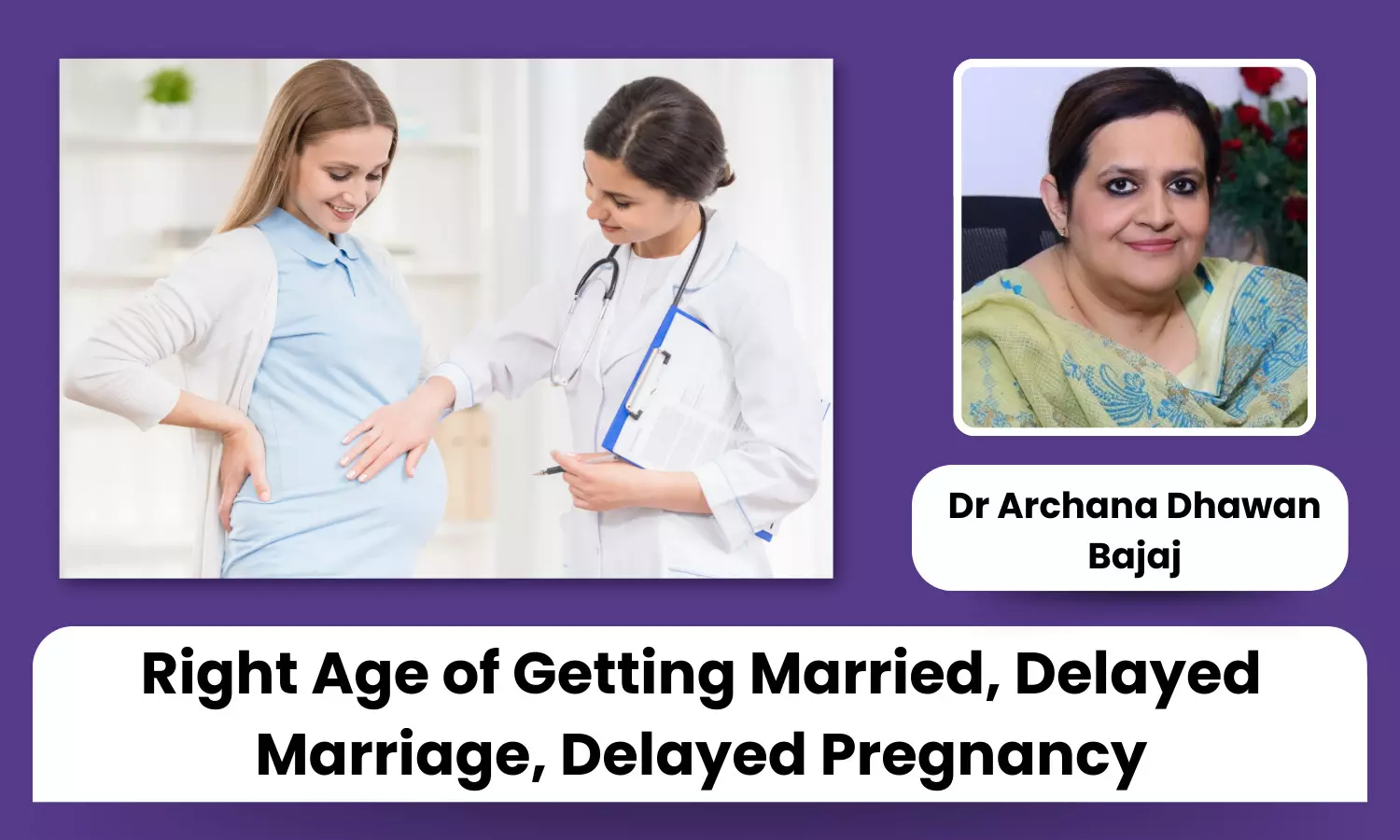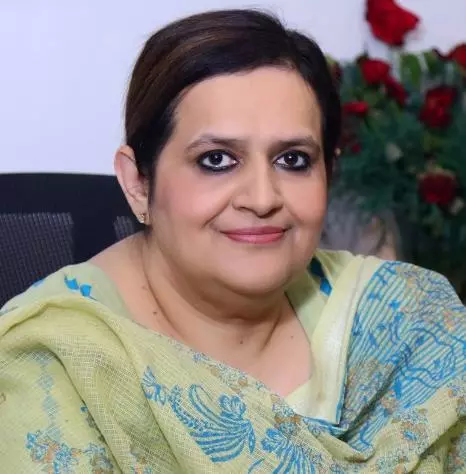Finding the Right Age: How Delayed Marriage and Pregnancy Impact Fertility - Dr Archana Dhawan Bajaj

In many industrialized nations, over half of weddings take place after the age of thirty. Worldwide, the age of marriage has been rising for both men and women over the past several decades.
Pregnancy is most likely to occur between the ages of twenty-nine and thirty, according to experts. The optimum results for you and your child are expected to occur during this age range. The optimal age to have your first kid, according to one study, is 30.5 years old.
Age undoubtedly plays a critical role in your decision to get married and start a family, however, your age needs to be only one of the considerations in your decision to become pregnant. A family is something you should start when you're ready financially and emotionally. For every woman, the time is different.
Infertility and age – what is the link?
Delays in childbearing have a significant detrimental influence on population growth and are one of the main consequences of marrying later in life. According to research, a woman experiences decline in her fertility as early as her late 20s.
Ovarian receptivity in many women drives into the zone, and when this reduction occurs, the likelihood of conception decreases for women. Women who put off marriage have a reduction in their reproductive years, which might make childrearing more challenging.
As you age, your likelihood of becoming pregnant declines. Your chances of becoming pregnant during your next cycle after three months of trying are: 18% at age 25, 16% at age 30, 12% at age 35, and 7% at age 40.
Children's abnormalities may also be caused by late marriage. Even in cases where the mothers are able to give birth, these deliveries might leave the children mentally disturbed.
Moreover, even sperm loses vitality as men age, and this can lead to a variety of defects in offspring. Issues such as miscarriage, birth abnormalities, high blood pressure, gestational diabetes, and difficult delivery, may be encountered by an older woman throughout her pregnancy.
Maternal issues are not the only ones that affect newborns; elderly dads may also be major contributors. According to one study, children of males 40 years of age or older had a 5.75 times higher likelihood of having autism spectrum disorder than offspring of men under 30.
Furthermore, chromosomal abnormalities are a possibility; so, these kinds of difficulties occur as the mother ages. It is for this reason that the likelihood of having a kid with Down syndrome rises with time, and the likelihood of having another child with the condition increases after the birth of the first.
Additionally, oocytes diminish with age, leaving a critical impact on women's fertility quality. A decrease in mitochondrial quality, an increase in oxidative stress, an increase in chromosomal division abnormalities, and a decrease in antioxidant levels are possible findings in older women's oocytes. These alterations in oocytes may result in miscarriage or pregnancy difficulties.
As women increasingly delay marriage, their hopes for pregnancy often depend on navigating the right timing. This shift emphasizes the importance of finding the right age to get married, as postponing marriage and pregnancy can impact fertility and family planning decisions.


